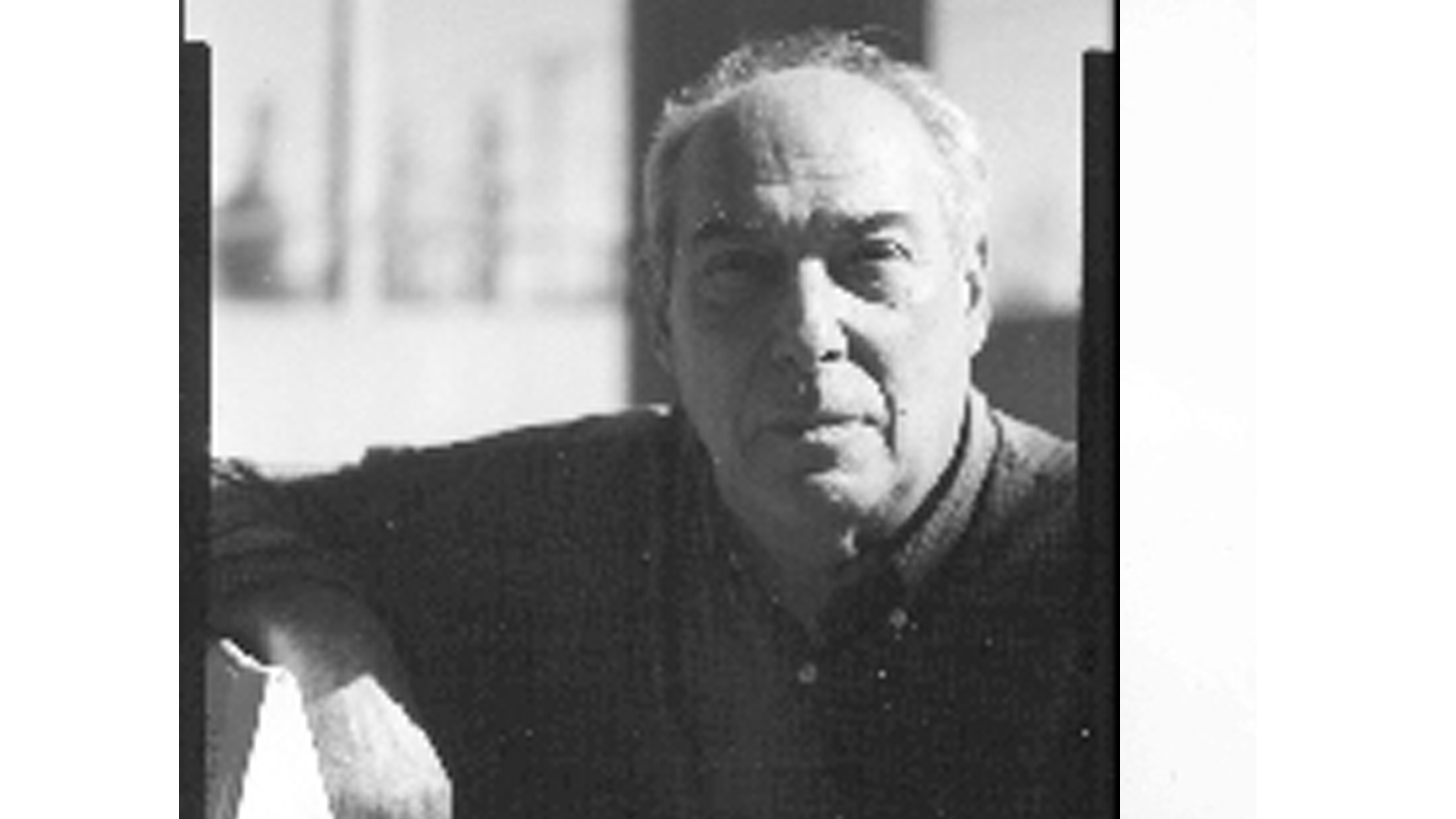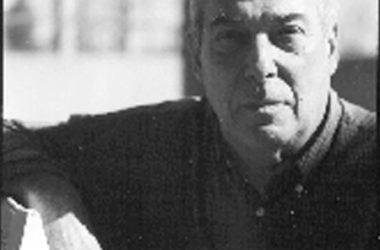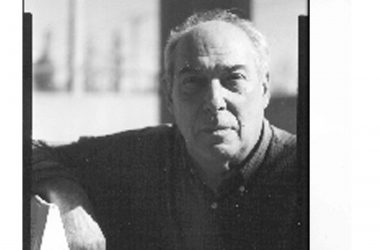By Noel Ignatiev
Tell us about yourself and your background.
Born Philadelphia 1940, attended its public schools, went to Penn, dropped out after three years, spent the next twenty-odd years in industry, acquired the skills of a machinist and electrical repairman. In 1984, laid off from a steel plant, took a step down and went to graduate school at Harvard, Ph.D. in History of American Civilization. Presently teach in Department of Critical Studies [now Liberal Arts], Massachusetts College of Art. Author of How the Irish Became White, co-editor Race Traitor, editor Lesson of the Hour: Wendell Phillips on Abolition and Strategy [and A New Notion: Two Works by C.L.R. James]. Distinction of which I am proudest: being named a “dangerous mind” by Rolling Stone. Greatest satisfaction: being a parent.
What is Race Traitor and what do you believe?
Like many others, the editors of Race Traitor believe that race is a social, not a natural, construct. We also think that what was socially constructed can be socially dissolved. The goal of Race Traitor is to serve as an intellectual center for those seeking to abolish the white race, that is, to do away with the social meaning of the white skin. In our view, nothing offers so great a possibility of turning this country around as a general assault on whiteness and its ways, by a force that includes a band of renegades¾race traitors¾who look white but do not act white. We are in sympathy with people in Palestine and every place else racial oppression exists. The journal contains a mix of commentary, personal accounts, history, reviews and letters. Fifteen [now sixteen] issues have appears since 1993. It is the only small journal I know of whose writers and readers range from university professors to prison inmates (so far not the same people). An anthology of selections from the first five issues received an American Book Award.
What kind of response has the magazine received?
Some have thanked us for giving them a new way of thinking about who they are and who they might become. Others, including some who claim to share our goal of a raceless society, have criticized us for being narrow or unnecessarily provocative. And of course there are the attacks and threats from those who are explicit about their wish to defend what we seek to eliminate.
Who or what is your inspiration for Race Traitor? Who are your heroes and why?
I am inspired by artists who have imagined the possibility of people being more than they are, and by those moments in history and individuals I have known who have embodied that possibility. I mention three heroes: Abby Kelly, who on leaving her infant daughter with her sister so she could travel and organize for the antislavery cause, said that nothing in her life ever gave her so much pain but that she did it for the mothers whose babies were sold away from them. The second is Malcolm X, who showed how a person can transform himself. The third is John Brown, who came closest of any European-American to escaping the bounds of whiteness.
[Note: The last issue of Race Traitor was a special on Palestine, dated winter 2005. The journal is no longer being published. We said what we had to say.]
Finish this sentence: The state of race in America is ____
Unsettled.
How can change be accomplished in our society?
C.L.R. James says somewhere that in this world if you have an idea and get together with a few friends and publish your idea, you never know what will happen. As Margaret Mead is supposed to have said, Those who despair of a small band of dedicated individuals changing the world should remember that nothing else ever has.
What scares you most about the future of America?
My greatest fear is that the ordinary people of this country have let slip away their moment of opportunity to shape their destiny.
Where do you find the most hope?
In the conviction, widespread among the ordinary people of this country, that they can accomplish anything they will, and in their deeply ingrained tradition of lawlessness.
If you could meet anyone, dead or alive, and ask him a question, who and what would you ask?
Karl Marx. What does he make of the present-day U.S., where the gap between what is and what could be is greater than it has ever been in any place at any time?
Is there anything else you’d like to say to our readers?
Be realistic: Demand the impossible.
Send comments to [email protected]. Indicate if they are intended for publication.



